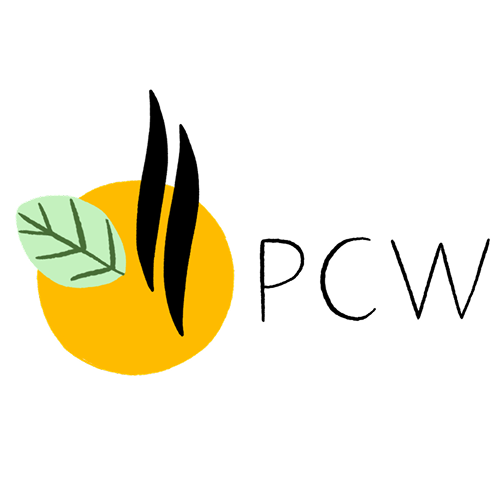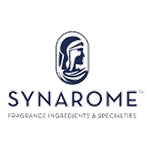
Photo credits: ScenTree SAS
| Company | Ingredient Name | ID | Comments | Naturality | Certifications | MOQ | Purity |
|---|---|---|---|---|---|---|---|
|
|
LEMONILE | - |
Visit website
|
- | 10 grs | - |
General Presentation
-
CAS N° :
61792-11-8 -
EINECS number :
263-214-5 -
FEMA number :
Donnée indisponible. -
FLAVIS number :
Donnée indisponible.
-
JECFA number :
Donnée indisponible. -
Volatility :
Base -
Price Range :
€€€
Physico-chemical properties
-
Appearance :
Colorless liquid -
Density :
0,87 -
Refractive Index @20°C :
Data not available. -
Optical rotation :
Data not available. -
Vapor pressure :
Data not available. -
Flash Point :
78°C (172,4°F)
-
Molecular formula :
C11H17N -
Molecular Weight :
163,26 g/mol -
Log P :
3,9 -
Fusion Point :
Donnée indisponible. -
Boiling Point :
247°C (476,6°F) -
Detection Threshold :
Donnée indisponible.
Chemistry & Uses
Uses in perfumery :
Lemonile® is used in lemon, verbena and lime accords, to bring freshness and diffusivity.
Year of discovery :
Data not available.
Natural availability :
Lemonile® is not found in nature. It is thus impossible to extract it on a natural state.
Isomerism :
Lemonile® is in reality a mixture of three positional isomers. Indeed, the double bond closest to the nitrile function of the molecule is delocalizable, forming three possible molecules around the ramified carbon. The other double bond has a trans (E) conformation.
Synthesis precursor :
Lemonile® is not a precursor for the synthesis of another compound of olfactive interest.
Synthesis route :
Lemonile® can be synthesized in two steps, the first one being a Knoevenagel condensation of cyanoacetic acid on 6-methyloct-5-en-2-one, with pyridine and in toluene (as a solvent). This reaction is then followed by in situ decarboxylation, meaning that it occurs by itself.
Stability :
Very stable in perfumes and in all functional bases.
Other comments :
Lemonile® does not have to be used in candle base. It also has a better tenacity than Geranonitrile®, a structurally close molecule. It is one of the only zesty note having a great tenacity.
Great synergy with Kephalis®, in 20/80 proportions (zesty and sparkling wood).
IFRA
IFRA 51th :
This ingredient is not restricted for the 51th amendment

















